Quiz Ancient history
Last Updated:
Fascinated by ancient history? Our quizzes on this captivating period are made for you! Test your knowledge of the great civilizations, iconic figures, famous battles and monuments that marked the ancient history.
Our ancient history quizzes are a fun and rewarding way to delve into the world of the Greeks, Romans, Egyptians and many other fascinating cultures. With a varied selection of questions, you can test your knowledge on subjects such as Greek mythology, the pharaohs, the conquests of Alexander the Great and the technical achievements of the Romans.
Do you know where Babylon was? Can you name the seven wonders of the ancient world? Do you know the great philosophers Socrates, Aristotle and Plato? Our ancient history quizzes will help you answer all these questions, while enriching your knowledge of this fascinating era.
As you explore our ancient history quizzes, you’ll discover fascinating anecdotes, striking facts and surprising details about the societies that laid the foundations of our civilization. Whether you’re a history buff, a student or simply curious, our quizzes are an interactive and entertaining way to test your knowledge and learn more about ancient history.
Test your knowledge now and embark on a journey back in time to the era of the great ancient civilizations!
Test your knowledge of Ancient history with our quizzes. Whether you’re an amateur or an expert in history, our quizzes will provide you with a challenge adapted to your level.
Compare yourself with other history buffs and find out where you stand among connoisseurs of the great ancient civilizations. Each question is an opportunity to learn and deepen your knowledge.
Our Ancient history quizzes are not simple knowledge tests, but interactive learning tools. Each question is accompanied by detailed explanations and interesting facts about ancient events, people, monuments and cultures.
By answering the questions, you’ll enrich your general knowledge and develop a better understanding of this key period in history. Use our quizzes to explore ancient civilizations, discover fascinating anecdotes and strengthen your ancient history skills.
history
/ 10

In Roman mythology, who is the goddess of love?
2Venus
1Aphrodite
🙌 Good answer
In Roman mythology, Venus is the goddess of love, beauty and fertility. She is the Roman equivalent of Aphrodite, her Greek counterpart.
Next question

😞 Wrong answer
In Roman mythology, Venus is the goddess of love, beauty and fertility. She is the Roman equivalent of Aphrodite, her Greek counterpart.
Next question
history
/ 10
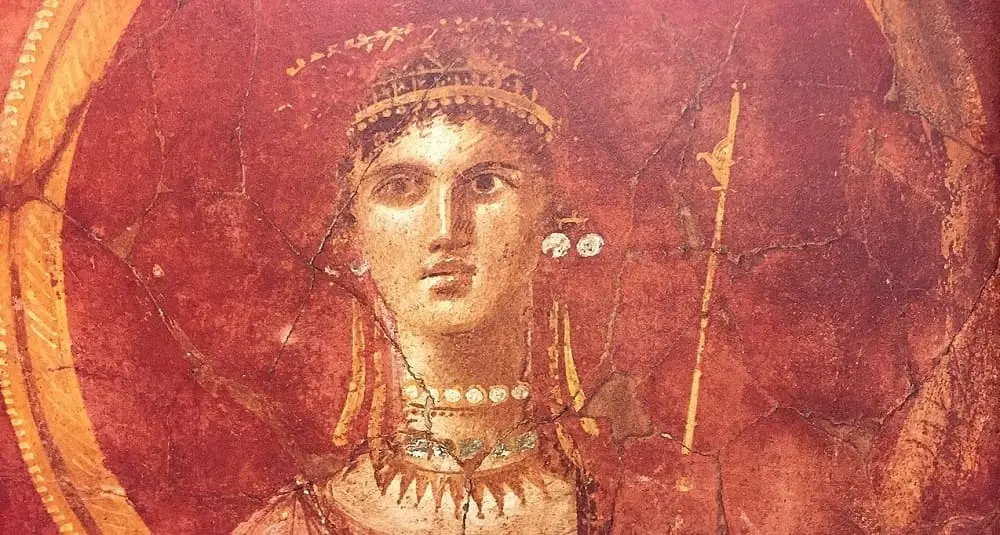
Who is Aphrodite?
1Goddess of love
2Goddess of wisdom

🙌 Good answer
In Greek mythology, Aphrodite is the goddess of love, beauty and desire. Born of sea foam, she is one of the most influential Olympian deities.
Next question

😞 Wrong answer
In Greek mythology, Aphrodite is the goddess of love, beauty and desire. Born of sea foam, she is one of the most influential Olympian deities.
Next question
history
/ 10
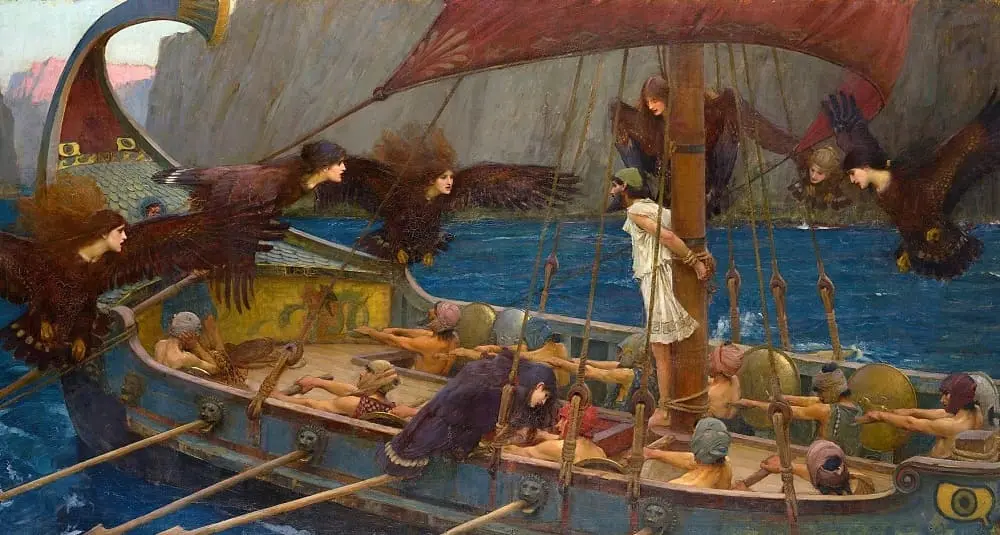
How long is Ulysses' journey?
220 years
110 years

🙌 Good answer
Ulysses' voyage lasts 20 years: 10 years for the Trojan War and 10 years of wandering before his return to Ithaca, as recounted in Homer's Odyssey.
Next question

😞 Wrong answer
Ulysses' voyage lasts 20 years: 10 years for the Trojan War and 10 years of wandering before his return to Ithaca, as recounted in Homer's Odyssey.
Next question
history
/ 10
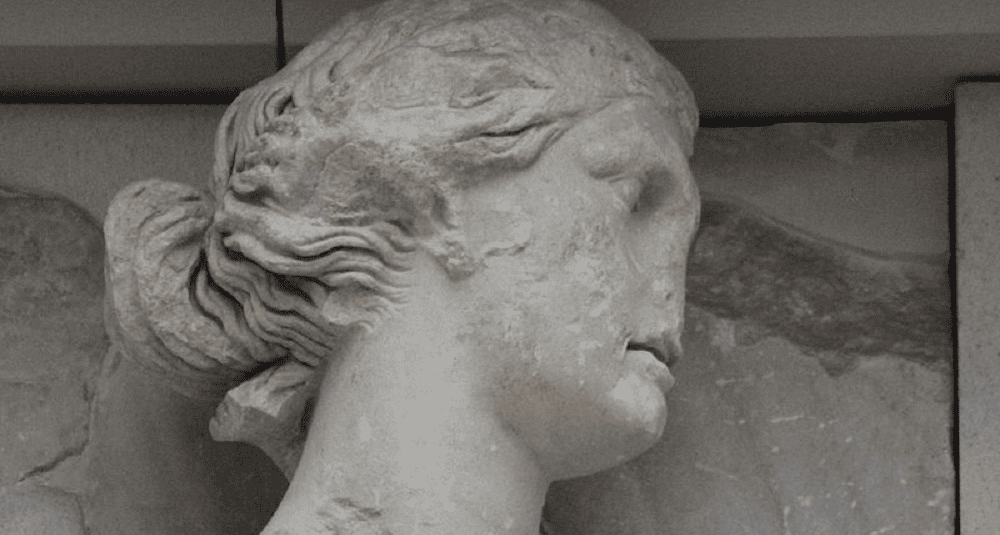
Who was Theia in Greek mythology?
1Goddess of Light
2Goddess of Darkness

🙌 Good answer
In Greek mythology, Theia is a Titanid, daughter of Ouranos and Gaia. She is the goddess of celestial light and mother of Helios, Selene and Eos.
Next question

😞 Wrong answer
In Greek mythology, Theia is a Titanid, daughter of Ouranos and Gaia. She is the goddess of celestial light and mother of Helios, Selene and Eos.
Next question
history
/ 10
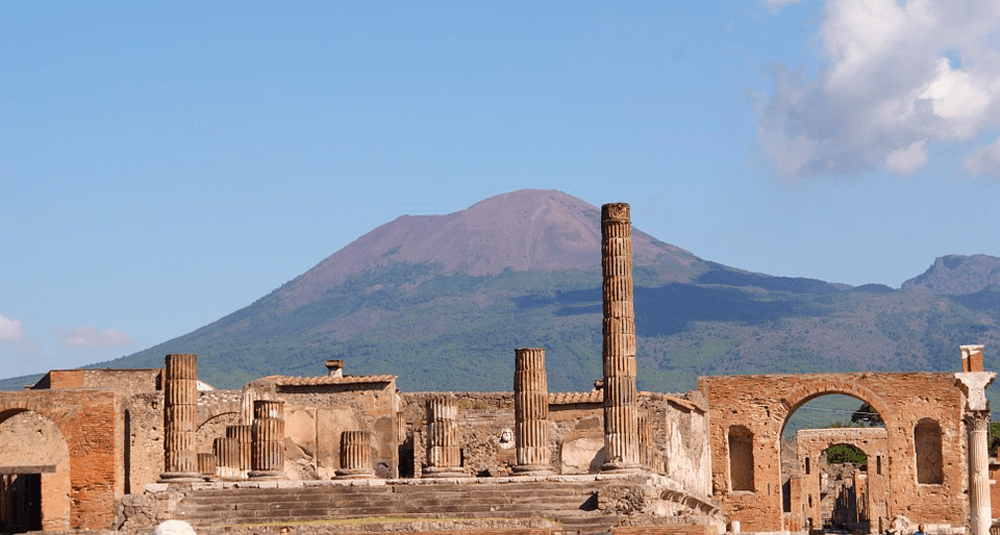
The eruption of which volcano destroyed the city of Pompeii?
2Vesuvius
1Etna

🙌 Good answer
The devastating eruption of Mount Vesuvius in 79 A.D. buried the town of Pompeii under a thick layer of ash and lava, preserving it for centuries.
Next question

😞 Wrong answer
The devastating eruption of Mount Vesuvius in 79 A.D. buried the town of Pompeii under a thick layer of ash and lava, preserving it for centuries.
Next question
history
/ 10
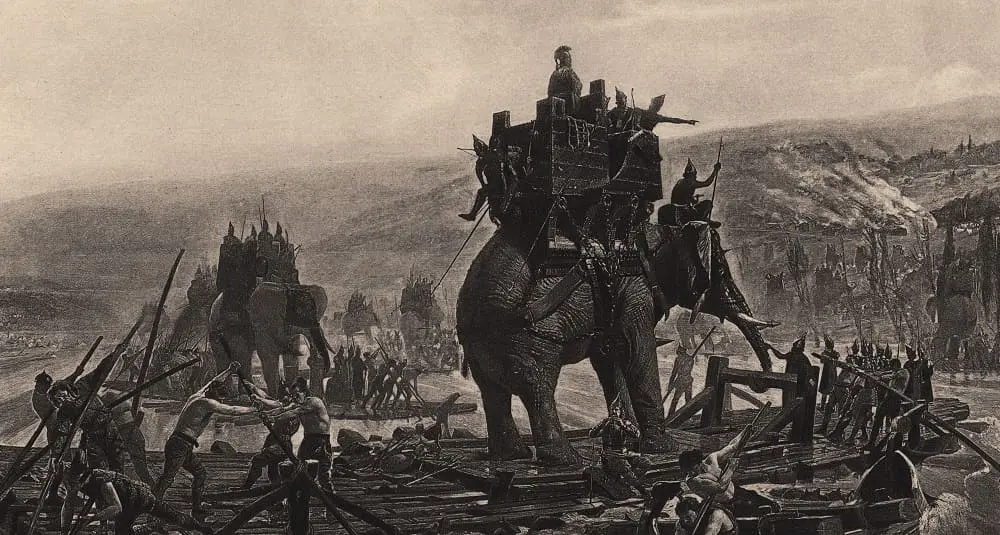
Who is Hannibal and his elephants?
1Carthaginian General
2Roman Emperor

🙌 Good answer
Hannibal Barca, a Carthaginian general, is famous for having crossed the Alps in 218 BC with his army, including 37 elephants, during the Second Punic War against Rome.
Next question

😞 Wrong answer
Hannibal Barca, a Carthaginian general, is famous for having crossed the Alps in 218 BC with his army, including 37 elephants, during the Second Punic War against Rome.
Next question
history
/ 10
In Greek mythology, who is the god of war?
1Ares
2Hades

🙌 Good answer
In Greek mythology, Ares is the god of war, embodying the brutality and destruction of battle. Son of Zeus and Hera, he is feared even by the gods.
Next question

😞 Wrong answer
In Greek mythology, Ares is the god of war, embodying the brutality and destruction of battle. Son of Zeus and Hera, he is feared even by the gods.
Next question
history
/ 10

Who was Iris in Greek mythology?
2Messenger of the gods
1Goddess of the Moon

🙌 Good answer
In Greek mythology, Iris is the messenger of the gods and the personification of the rainbow. She links Olympus to Earth and faithfully serves Hera.
Next question

😞 Wrong answer
In Greek mythology, Iris is the messenger of the gods and the personification of the rainbow. She links Olympus to Earth and faithfully serves Hera.
Next question
history
/ 10
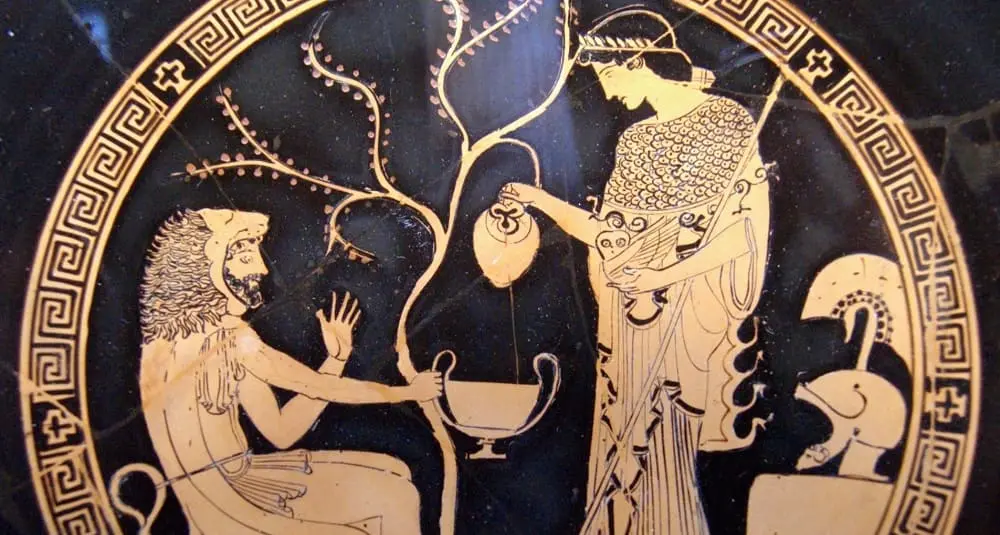
Which animal is often associated with the Greek goddess Athena?
1Owl
2Snake

🙌 Good answer
In Greek mythology, the animal associated with Athena is the owl. A symbol of wisdom and knowledge, it embodies intelligence and clairvoyance.
Next question

😞 Wrong answer
In Greek mythology, the animal associated with Athena is the owl. A symbol of wisdom and knowledge, it embodies intelligence and clairvoyance.
Next question
history
/ 10
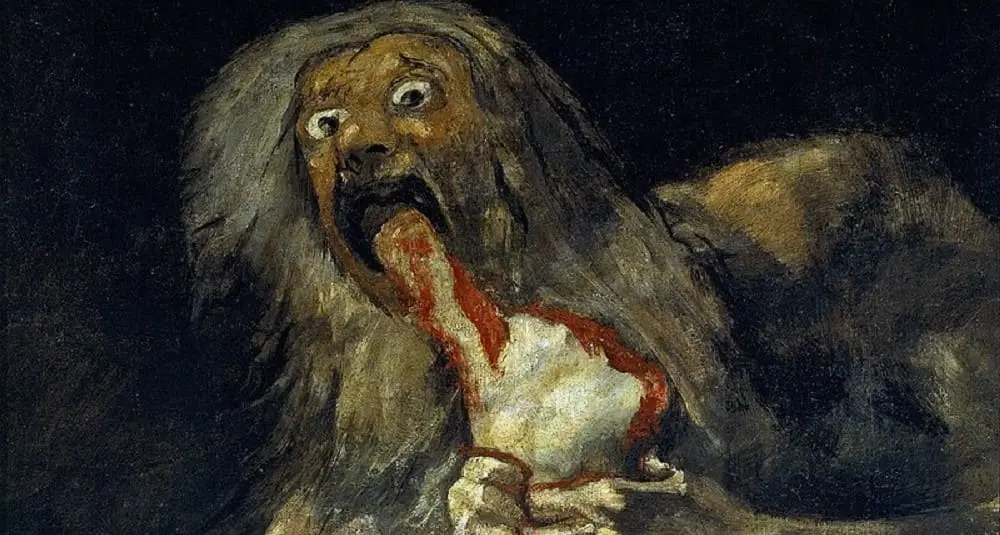
Who is the god Saturn?
1God of farming and time
2God of thunder

🙌 Good answer
In Roman mythology, Saturn is the god of agriculture and time. He is associated with Cronos, his Greek equivalent, and reigned before Jupiter.
Next question

😞 Wrong answer
In Roman mythology, Saturn is the god of agriculture and time. He is associated with Cronos, his Greek equivalent, and reigned before Jupiter.
Next question


